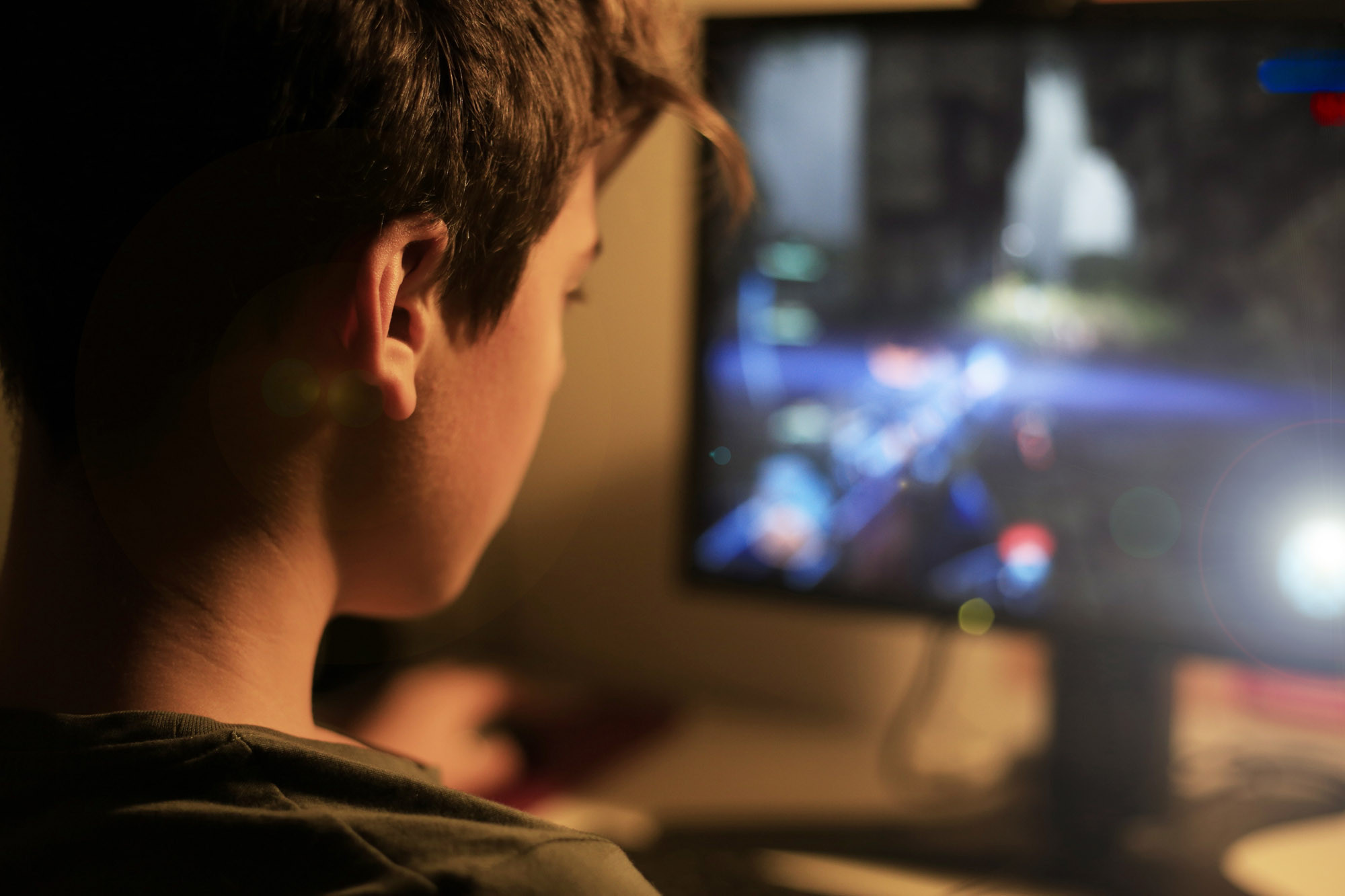
Gaming, Internet, Social Media and Us
There have been developments over the last few years about the effects on our brains and mood when we use social media and the internet. In particular, there is more and more research about how overuse seems to make changes to our brains. What we know is that:
- Social media can connect friends and family
- It can allow people to connect with others that they may not have an opportunity to do so otherwise, such as Skyping family who are overseas
- The use of email and texting has changed the way that we all communicate with each other and the ability for instant or almost instant connection.
- Social media has allowed the dissemination of important news, allowed a voice for those who may not have had one before, and allows us to view the lives of others in parts of the world we have never seen.
However, all of these new changes come with a cost to us. Our brains were simply not developed to interpret all of these electronic and non face-to-face communications.
The changes to how we interact with a screen have occurred very rapidly, over a few years in general. Our brains do not evolve over that short time, in fact in evolution changes take hundreds to thousands of year.
What does this mean?
It means that our brains experience these interactions and have to work hard to process them.
The Developing Brain
Our brain develops from the time we are conceived and doesn’t stop growing and changing. The largest changes to our brain occur before we are in our early 20’s. We learn a lot faster and keep the information in our brains a lot more when we are young, so this is when we learn to move, speak, make gestures, work in group and our brain gradually takes on new skills like:
-
- Problem solving
- Working out how to prioritise and organise
- How to build friendships
- Knowing right from wrong
These learnings and changes rely on us to make contact with others, have conversations, meet others and, in general, participate in the wider social community. The experiences that we have in the world add to these learnings and we continue to build more and more skills.
When we are gaming, or using a lot of time on electronic/digital media, we are not actually having a real experience. Our brain is watching and typing etc, but it is not actually experiencing voice, touch, smell, or sounds that help us add to the words on the screen.
When we game, it is the same. Gaming is a world that sits in the digital world. Our brain looks at a screen, it takes in information and interprets it, and uses our hands and eyes to then participate in the game. What is missing is the actual physical experience of being around others. If we game a lot, we lose the experiences that our brain needs to grow and learn the skills we all need as adults. Research tells us that there are other problems associated with gaming.
Gaming Addiction
Ideally gaming should make up a very small portion of the day, less than 2 hours a day at most. More than this means that the part of our brain that responds when we gamble is turned on. Our brain then develops a ‘craving’ for more gaming time, like a gambler may for a poker machine, a horse race etc. It looks for that feeling that changes in dopamine give, which is one of success, but quickly led by a drop in that feeling and a craving for more gaming. This can cause an addiction, which is now being more and more understood.
Signs of Gaming Addiction
- They think about gaming when they wake up
- They choose to game over almost all other activities when given the opportunity
- They will lie or steal to get access to gaming
- They will have lost friendships over gaming
- When they are asked to stop gaming it leads to arguments, aggression or threats
- An increase in isolation even when not gaming.
Signs of Social Media Addiction
- Frequent checking of social media including when not appropriate
- Having device on all night and waking to check
- Lack of face to face social contact and replacement with online social contact
- Lying or stealing to get access to social media
- Significant distress when social media access is removed including threats to self or others
- Avoidance or neglect of other important tasks for social media use.
How Do We Avoid These Addictions?
- Restrict use of social media and gaming, for children and teens, for a maximum of 2 hours a day.
- Have at least one day that is completely electronic device free each week
- Encourage engagement in activities that involve others in the community such as sport, classes, volunteering.
- Incorporate outdoor activities for at least 20 minutes a day, such as gardening, walking or sport, as these are good for development and improved moods.
- Try and build stronger family relationships by having ‘device off’ time for everyone in the house, possibly after dinner until bed time.
- All devices should be off for 2 hours before bed.
- If your child games, the games they play should be appropriate for age. Check their ratings and any reviews of their level of aggression and violence is important.
- Normalise the experience of having a limit to screen time/gaming and social media time.
- Try and supervise so that you can be aware of what your child is doing when gaming and who they are gaming with. The preference is that your child only games with who you know, and approve of.

